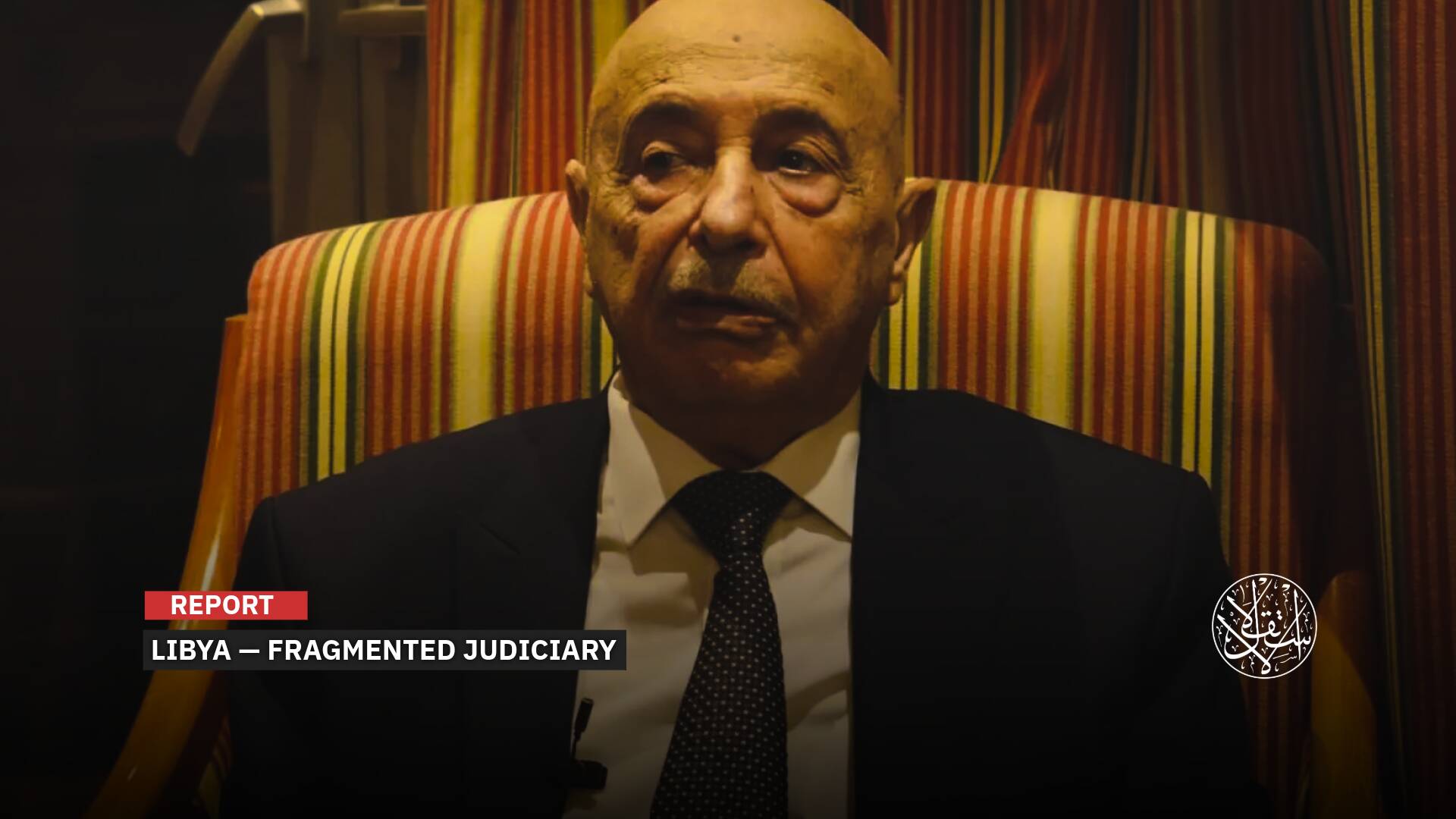How Is Germany Dealing with the Gas Shortage Crisis?

Thousands of people took to the streets of Germany last week to protest the expansion of a coal mine as Germany looks to find an alternative to Russian gas.
Climate activists vowed on January 8 to defend a small village in western Germany against bulldozing to expand a nearby coal mine that has become a battleground between the government and environmentalists.
Plans to expand a coal mine called Garzweiler over a village called Lutzerath began after the German government struck a deal with the German multinational energy company RWE in October 2022 that allowed the village to be demolished in exchange for an agreement with RWE to advance the coal phase-out date from 2038 to 2030.
The energy company plans to extract 280 million tons of coal by 2030.

Protests Continue
German authorities began evacuating the Lutzerath protest camp after clashes between hundreds of police deployed in the area and climate activists.
Protests continued amid heavy rain, and police again tried to prevent the crowd from approaching the Garzweiler mine and the village of Lutzerath itself.
Organizers said about 35,000 people took part in the demonstration, while police put the number at 15,000.
Swedish climate activist Greta Thunberg joined demonstrators on Saturday as they marched through the nearby village of Keyenberg to protest the removal of Lutzerath. Protesters chanted, “The whole village must stay,” and “You are not alone.”
Among the groups supporting the protest are Extinction Rebellion, Friday for Future, Last Generation, and Scientist Rebellion.
TW Polizeigewalt
— Lützerath bleibt! - Tag X seit 3.1. (@LuetziBleibt) January 14, 2023
Was wir heute und die letzten Tage erleben ist pure #Polizeigewalt. Wir sind erschrocken, wie die Polizei vorgeht und verurteilen dieses Verhalten. Wir bleiben standhaft, denn wir wissen, wofür wir kämpfen: #Klimagerechtigkeit!
(��1/4) pic.twitter.com/scQCZaZ4ly
Activists still occupy some 15 “buildings,” including huts used as treetop houses and bunkers. Police are also trying to advance through a tunnel where two activists are holed up.
Aachen police chief Dirk Weinspach warned against attempts to enter the now-closed Lutzerath coal mine or the open-air Garzweiler 2 mine.
He said there had been repeated calls on social media about this, adding: “We will prevent this by all means at our disposal. I can only hope that doesn’t happen, otherwise we’ll get very unattractive images.”
“The troops are advancing very cautiously, and heavy equipment cannot be used here, as this will put people at risk in underground structures,” the police chief said.
Police began clearing the village on Wednesday so German energy company RWE could drill to extract coal beneath its land.
Greta’s Participation
Swedish activist Greta Thunberg visited the town of Lutzerath on Friday and sharply criticized German police action in evacuating the Rhine village. “It’s outrageous that police violence has reached this level,” Thunberg, 20, said during her tour of the open coal mine there, holding a sign that read: “Keep it in the ground.”
Thunberg added that what is happening in Lutzerath is “shocking,” noting that, unfortunately, similar things are happening all over the world, adding: “It’s horrible to see what is happening here.”
Climate strike week 230. We are currently in Lützerath, a German village threatened to be demolished for an expansion of a coal mine. People have been resisting for years. Join us here at 12 or a local protest tomorrow to demand that #LützerathBleibt !#ClimateStrike pic.twitter.com/hGrCK6ZQew
— Greta Thunberg (@GretaThunberg) January 13, 2023
The climate activist criticized Germany’s Green Party for supporting the demolition of the city and mining coal beneath the village.
She said companies like RWE should be held accountable for the way they treat people, adding in an interview Saturday with The German Press Agency (dpa) news agency: “The fact that the Greens make concessions with such companies shows where their priorities lie.”

Germany’s Race for Coal
Germany is racing to find alternatives to Russian natural gas after Moscow cut a major pipeline to the continent over the summer.
Contrary to the government’s promises of climate protection, German Chancellor Olaf Scholz’s ruling coalition is increasing investment in fossil fuels.
In July last year, Germany’s two houses of parliament passed an emergency law to reactivate stalled coal-fired power plants in order to support electricity generation amid gas shortages.
By the end of September, the NPR media organization reported reviving or extending at least 20 coal-fired power plants across the country beyond their closing dates to ensure Germany had enough power to spend the winter.
More than a third (36.3%) of the electricity fed to German electricity grids between July and September 2022 came from coal-fired power plants, compared to 31.9% in the third quarter of 2021, according to the German statistical office Destatis.
Germany’s Green Party, which leads some of the government’s top ministries, has long demonized the use of fossil fuels.
Coal had been phased out by 2030, but Russia’s war with Ukraine, coupled with restrictions on gas exports, has brought coal back to the forefront.
Coal plants that were previously closed or left on reserve have returned to the market in Europe this year, but the amount is limited in most countries.
The Paris-based International Energy Agency (IEA) says the return to coal use is widespread in Germany.
The IEA’s annual coal market report said: “This has led to an increase in coal-fired power generation in the EU, which is expected to remain at these higher levels for some time.”
The International Energy Agency’s annual coal market report predicts global coal use will rise 1.2 percent this year, surpassing 8 billion tons in a single year for the first time and surpassing the previous record set in 2013.
According to the report, it will remain at this level until 2025, meaning that coal will remain the largest private source of CO2 emissions.
The IEA said Germany was one of the top users, up 19 percent, or 26 million tons, compared to 2021.
Instead of shutting down 1.6 gigawatts of coal-fired power plants by the end of 2022 as planned, the German government has issued a waiver to allow production until March 2024.
Germany has developed a “gas replacement reserve” plan with a total capacity of 11.6 gigawatts. This includes 1.9 gigawatts of coal and 4.3 gigawatts of solid coal power plants that are allowed to return to market until 2024, according to the IEA report.
The Garzweiler coal mine near the village of Lutzerath provides a large proportion of burned coal at nearby power plants.
Energy company RWE says coal is necessary to ensure Germany’s energy security.
However, environmental groups say the deal struck with the company to expand the coal mine would still result in hundreds of millions of tons of coal being extracted and burned, emitting massive amounts of greenhouse gases and making it impossible for Germany to meet its commitments under the 2015 Paris climate agreement.












